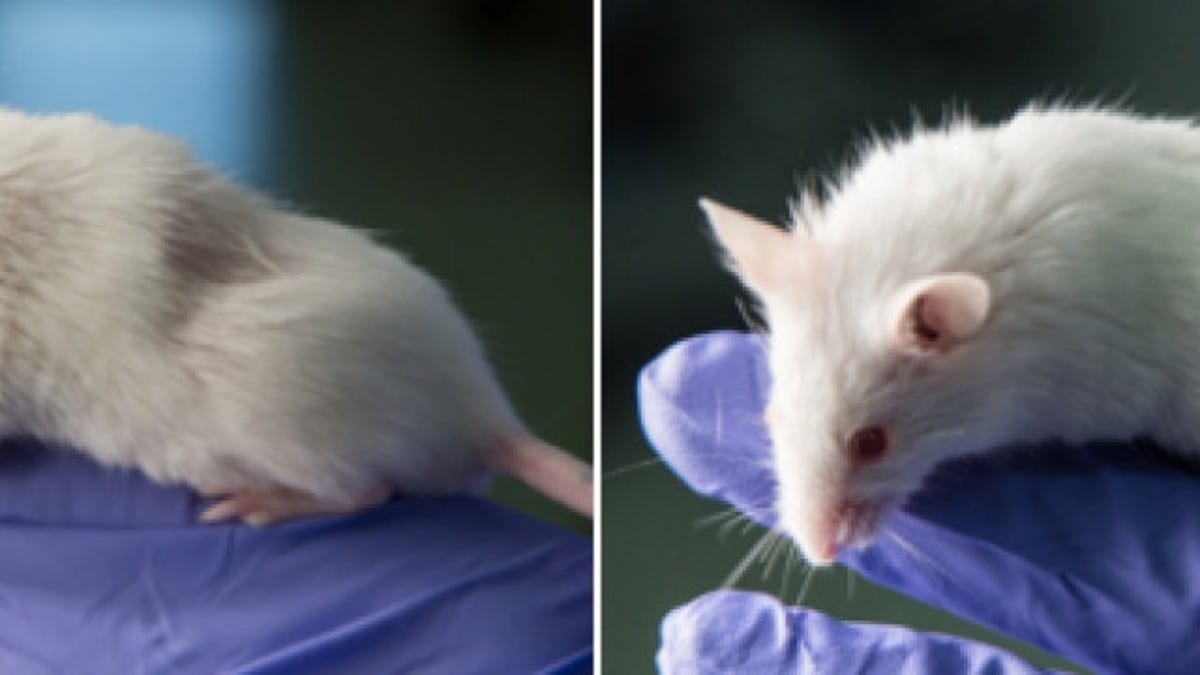Experimental Alzheimer's drug also seems to slow ageing
A drug tested on mice as a potential preventative against Alzheimer's disease had a range of unexpected anti-ageing effects.
Researchers at the Salk Institute found a drug candidate aimed at preventing Alzheimer's disease also appeared to have anti-ageing benefits such as better memory and cognition, and better physical health, when tested on mice. The research has been published in the journal Aging.
The drug, developed by the Salk Institute team, is called J147. It was specifically designed to combat one of the major risk factors in 99 percent of Alzheimer's cases, old age. However, it was only designed to target one specific factor of old age, neurotoxicity. This is the exposure to toxic substances that damage nervous tissue and neurons, and is a major cause of Alzheimer's, which is estimated to affect up to 46.8 million people worldwide.
"Initially, the impetus was to test this drug in a novel animal model that was more similar to 99 percent of Alzheimer's cases," says lead author Antonio Currais, a member of Professor David Schubert's Cellular Neurobiology Laboratory at Salk. "We did not predict we'd see this sort of anti-ageing effect, but J147 made old mice look like they were young, based upon a number of physiological parameters."
Most drugs made in the last 20 years target the amyloid plaque deposits in the brain typical of Alzheimer's. These, however, have proven ineffective in clinical trials, the Salk team said. This is what inspired their different approach. They synthesised the drug after performing screens on neurotoxicities associated with ageing.
In 2013, the team tested J147 on mice with the inherited form of the disease. They found that the drug was able to prevent, and in some cases even reverse, memory loss. However, while hereditary Alzheimer's is the form most commonly used in lab mice for research, it only constitutes one to five percent of Alzheimer's cases.
To test the drug on a model closer to the majority of human Alzheimer's cases, the team used a breed of mice that age rapidly and experience dementia similar to age-related Alzheimer's. The study involved three sets of mice, one that was young, one that was old, and a third that was old but treated with J147.
The J147 mice performed better than the old control group on memory and other cognition tests. They also had more robust motor movements and fewer pathological signs of dementia in their brains. Their gene expression and metabolisms also more closely matched the group of young mice, including increased energy metabolism, reduced brain inflammation and reduced levels of oxidised fatty acids in the brain.
Finally, the J147 prevented blood from leaking into the brain via microvessels. This is quite common in ageing, and is generally much more pronounced in people with Alzheimer's.
The next step for the team is clinical trials on human patients, which they hope to begin in 2017.
"If proven safe and effective for Alzheimer's, the apparent anti-aging effect of J147 would be a welcome benefit, Schubert said.


